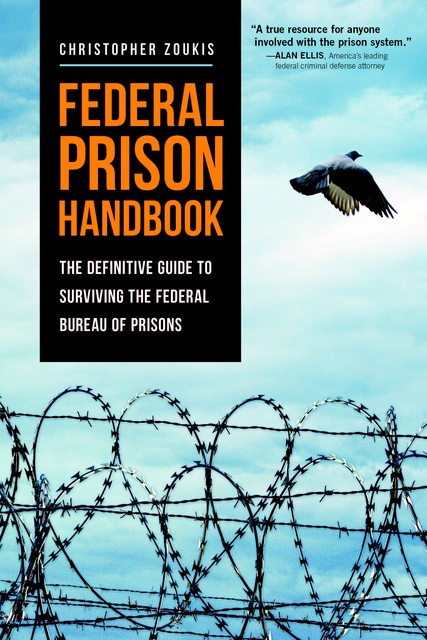by Douglas Ankney
The Supreme Judicial Court of Massachusetts reversed Jean Carlos Lopez’s murder conviction because the evidence was insufficient to establish beyond a reasonable doubt that Lopez knowingly participated in the killing with the requisite intent.
When Lopez and Erving Cruz arrived at a convenience store …
by Douglas Ankney
Forensic researchers from the University of Surrey in southeast England have revealed they can examine fingerprints to determine whether a person has ingested cocaine or merely touched cocaine. In 2017, Melanie Bailey and her team utilized a new test that used high-resolution mass spectrometry (“HRMS”) …
by Douglas Ankney
In a case of first impression in the Supreme Court of North Carolina, the Court announced that when a defendant forfeits the right to counsel, a trial court may forgo compliance with N.C.G.S. §15A-1242 (required court inquiry before allowing defendant to proceed without assistance of …
by Douglas Ankney
In these Orwellian times, the Detroit Police Department (“DPD”) has obtained a cell-site simulator (“CSS”). It’s a surveillance technology that locates and tracks phones by mimicking cellphone towers.
The DPD bought the technology for $622,000 and began using it in October 2017. From January …
by Douglas Ankney
The Supreme Court of Georgia reversed the Walker County Superior Court’s dismissal of Joseph Samuel Watkins’ second petition for writ of habeas corpus.
Watkins was convicted in 2001 of felony murder, and his conviction was affirmed on appeal to the Georgia Supreme Court in …
by Douglas Ankney
In 2014, Norma and Jim Gund were tricked by a Trinity County sheriff’s deputy into responding to a 911 call that the deputy said was “weather related.” Instead, the Gunds were confronted by a maniac who had just murdered two of their neighbors, and Norma …
by Douglas Ankney
According to November 14, 2019, news reports from dailykos.com and nytimes.com, the city of Grand Rapids, Michigan, will pay $190,000 to former U.S. Marine Jilmar Ramos-Gomez after he was illegally detained by Immigration and Customs Enforcement (“ICE”) for three days.
Ramos, who suffers from …
by Douglas Ankney
According to a report by sciencefriday.com, one in every two American adults is in a law enforcement facial recognition network. Most adults have unwittingly consented to the release of their photos that they have uploaded to social media, including dating sites.
While it’s impossible …
by Douglas Ankney
On the list of cops in California who are convicted felons, 20 former officers are shown as convicted killers.
Recent headlines told us of Joseph DeAngelo — the suspected “Golden State Killer”— charged with a dozen murders and more than 40 rapes, some of …
by Douglas Ankney
As of October 2019, Chicago’s 300 red light cameras netted $35 million in fines, penalties, and collection fees.
According to an investigation by ABC 7, the city is setting traps for unwary drivers by reducing the length of time the traffic lights remain green …





